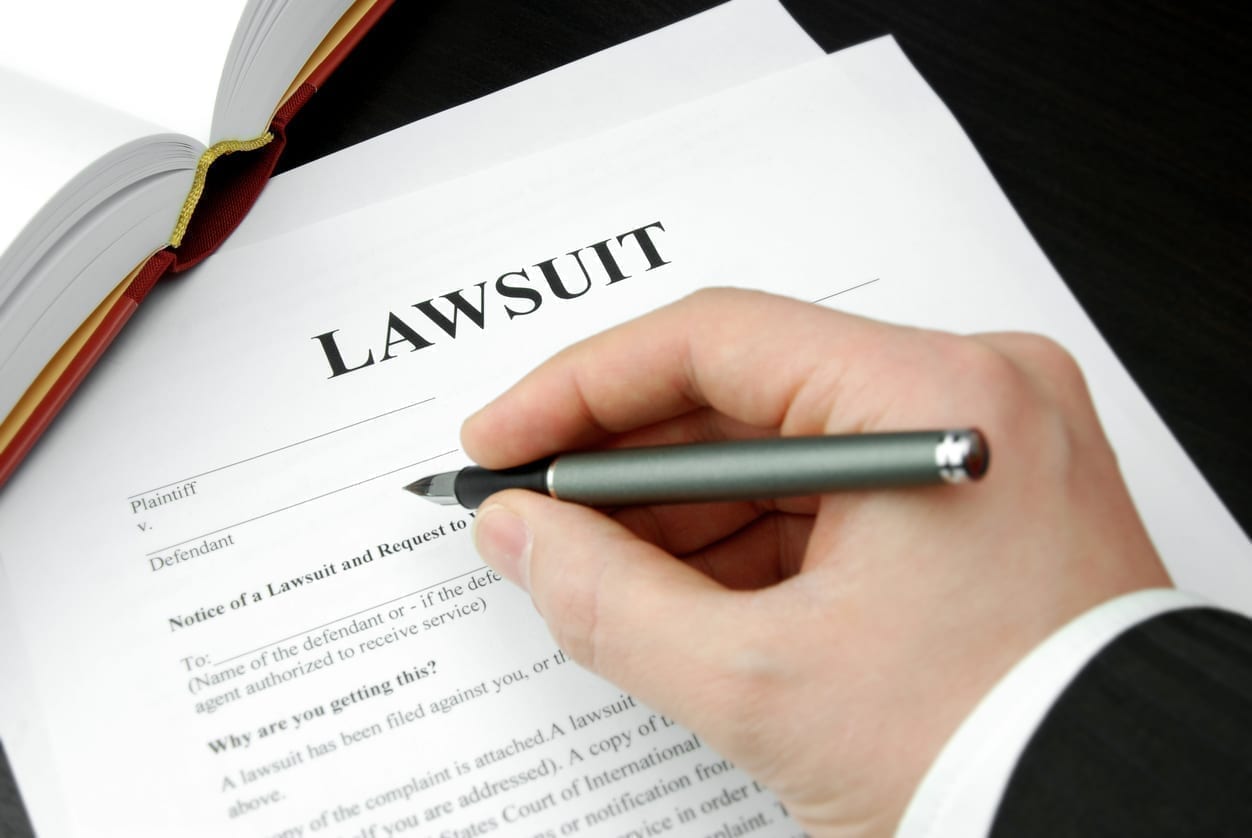Yes. If you have a criminal conviction in your past, you know it doesn’t go away. You can have trouble finding housing, getting benefits and doing several other things. That’s especially true when you’re applying for new jobs. Will the employer find your conviction? Will they ask about it? Could they fire or not hire you because of it? Many employers consider your criminal history when hiring you. But if you face discrimination because of a criminal conviction, it may be grounds for a lawsuit.
Does federal law prohibit criminal conviction discrimination?
Federal law does not stop employers from asking you about your criminal history. But laws stop employers from discriminating against you with your criminal history. If an employer does so, the employer might violate the Civil Rights Act of 1964.
The Civil Rights Act prohibits employers from treating people with criminal records unfairly. They can’t treat them differently because of their race, nation origin, sex, age or religion. The law also prohibits employers from using policies against a protected class. For instance, a criminal history screening process may not disqualify Black applicants more than white ones. If it does, there might be a civil-rights violation. A screening process must actually help an employer decide if an applicant is responsible, reliable or safe.
Employers also have to be careful about what information they use. An arrest by itself is not proof of criminal conduct. An arrest may, however, be enough to cause an employer to look further into the situation. But, if you’re convicted, that may be enough for an employer to act on.
There are also rules employers have to follow if they get your criminal history from consumer reporting agencies. In that case, the employer must follow the Fair Credit Reporting Act (FCRA). The FCRA makes employers get your permission before getting a criminal history report. It also makes employers give you a copy of the report if you ask for it. And they also must inform you if they use it to make an employment decision.

Can you file a lawsuit if an employer discriminates against you?
Yes, you may be able to file a lawsuit if you face job discrimination for a criminal conviction. This is true if you think the employer is using your criminal history as a cover for another reason. This sometimes shows up when an employer doesn’t hire you or fires you for a minor charge many years ago. They might refer to your criminal history. But, if they really made the decision based on your race, national origin or another protected area, you may be able to file a lawsuit. You may be able to file this lawsuit under state law, federal law or both.
Another option for criminal conviction discrimination is an EEOC investigation and lawsuit. The EEOC is the U.S. Equal Employment Opportunity Commission. The EEOC enforces certain federal laws. These laws make it illegal to discriminate in the employment context. The EEOC investigates charges of discrimination against many employers. It usually tries to settle charges with employers. To do so, they would come to a resolution that’s best for everyone involved. If they can’t do so, though, they can also file a lawsuit against the employer.
The Takeaway:
Employers can consider your criminal history. But they can’t illegally discriminate against you. If you face discrimination because of a criminal conviction, you may be able to file a lawsuit.






